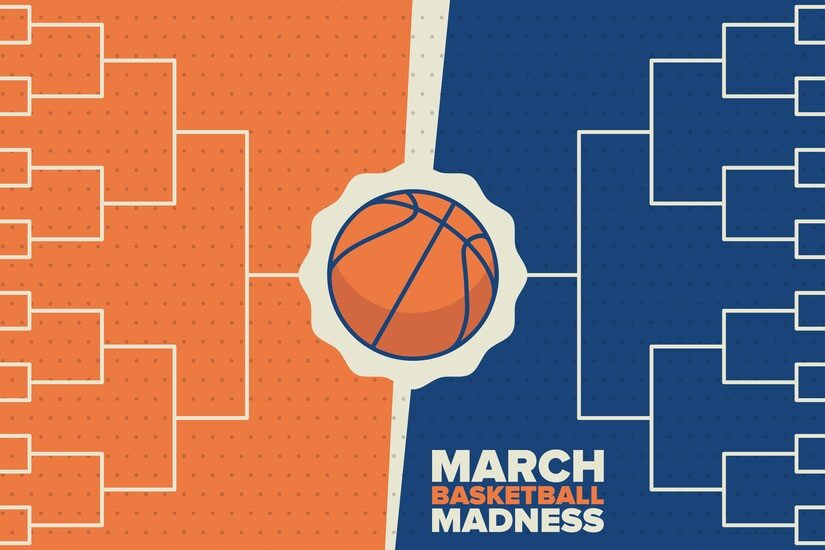Are You Ready For It?

With the Super Bowl less than two weeks away, many out there are wondering: will Taylor Swift make it back from her tour in Japan to cheer on her boyfriend, Travis Kelce of the Kansas City Chiefs?
One thing we don’t have to wonder about is whether the National Council of Insurance Legislators (NCOIL) will protect the dental insurance market.
Millions of Americans rely on private dental insurance to maintain their oral and overall health without having to worry how to pay their dentist. But the stability of the dental insurance market has been jeopardized by recent state policy proposals to establish a minimum loss ratio (MLR) for dental insurance.
An MLR is a required ratio of premium dollar to administrative expense. For example, an MLR of 80% means the insurer is using 80 cents of each premium dollar to pay claims and 20 cents to pay administrative expenses. This works for major medical insurance because premiums are much higher. It doesn’t work for dental insurance. Dental insurers would be forced to raise the premiums on dental insurance, focused on preventive care, in order to comply with recent state policy proposals.
Fortunately, as Taylor and Travis were preparing for last weekend’s AFC Championship game, NCOIL adopted the Medical Loss Ratios for Dental (DLR) Health Care Services Plans Model Act. The Model Act, which promotes transparency and protects the current dental insurance market, is a result of a compromise between the American Dental Association and the National Association of Dental Plans.
The compromise requires dental insurers to report MLRs to state insurance departments. State insurance commissioners would then calculate an average for each market segment: individual, small group, and large group and investigate any insurers who fall far enough outside the average. Commissioners would have authority to remediate where appropriate and potentially establish an MLR if an insurer falls outside the average for two consecutive years.
ACLI supports the Model Act as a common-sense solution that ensures dental plans remain valuable and premiums stay low. As seen in Massachusetts, where a ballot initiative implemented an 83% MLR and five insurers subsequently left the small group market, a mandated MLR doesn’t work for dental insurance. It doesn’t work for consumers, either, who will now have fewer choices in Massachusetts.
When NCOIL was presented with a similar proposal, it took a tip from Taylor and shook it off. Now, thanks to NCOIL, there is a sensible national model for states to look to when considering MLR proposals evermore.





